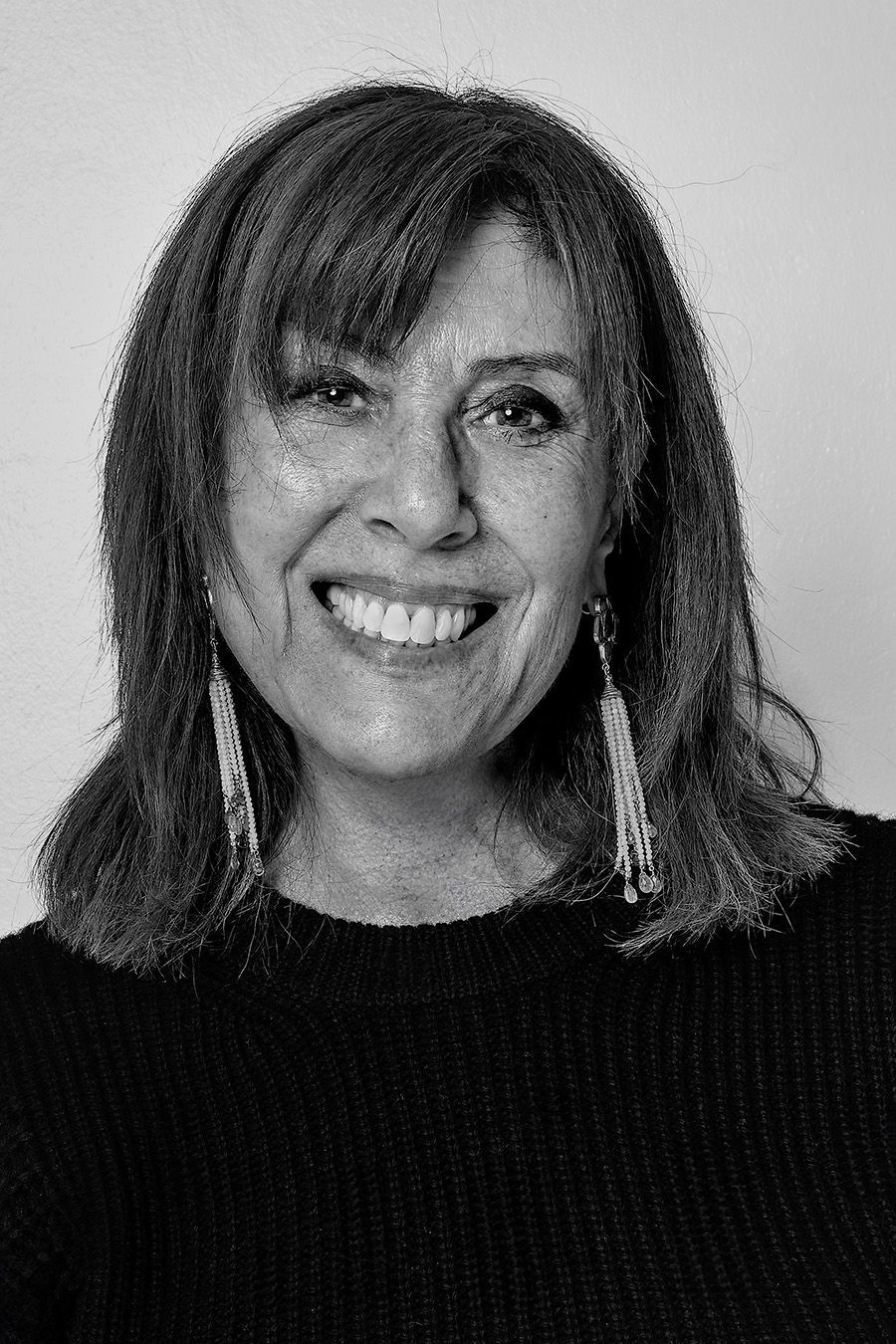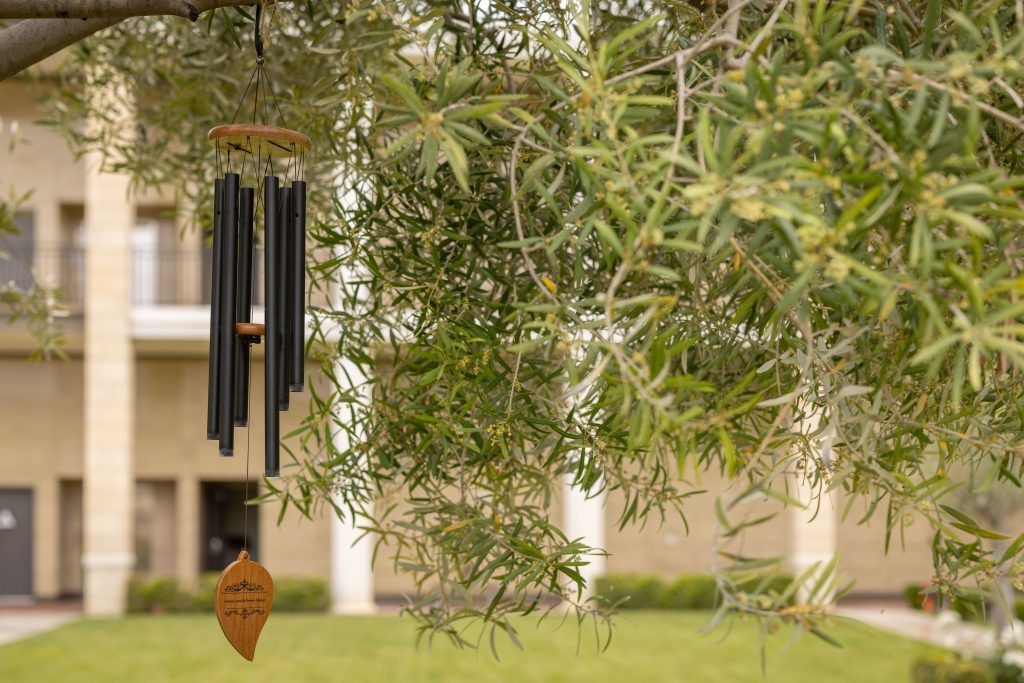Grief Support Groups
Grief Support Groups at Hillside
While no one grieves the same way, a recent loss can feel overwhelming to many. Our monthly grief support groups are facilitated by a trained professional and are designed to help participants navigate the healing process in the company of others sharing similar experiences.

About Maggi Scharf
Maggi Scharf, M.Ed., CPCC, Certified Grief Educator, holds a master’s degree in Psychology and Counseling. Additionally, Maggi holds a certification in Gestalt Therapy and has extensive training and experience with all forms of grief.
Grief Workshops and Topics
• How we define grief and grieving
• There is no timeline in grief and no way to do grief “wrong”
• Learning that grief is Love
• Grief needs to be witnessed and honored
• Grieving is not a “one size fits all.”
• How our society gives us inconsistent messages about grief
• Secondary grief
• Self-care and healing
• Healing does not mean forgetting our loved ones



Upcoming Workshops
Sunday, July 13, 2025, 3:00PM-4:30PM
Sunday, August 17, 2025, 3:00PM-4:30PM
Sunday, September 28, 2025, 11:30AM-1:00PM
Sunday, October 19, 2025, 3:00PM-4:30PM
Sunday, November 9, 2025, 3:00PM-4:30PM
Sunday, December 7, 2025, 3:00PM-4:30PM
Sunday, December 28, 2025, 3:00PM-4:30PM

